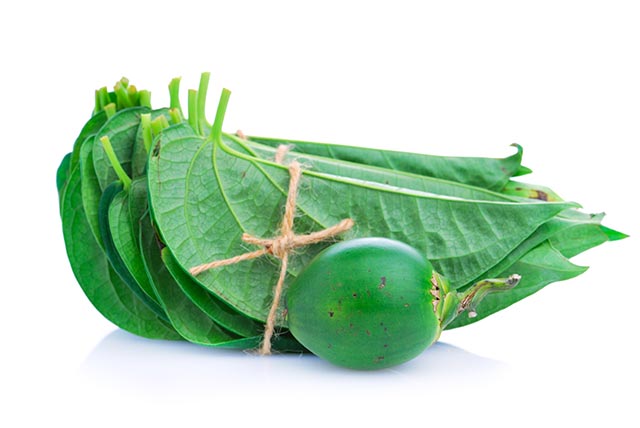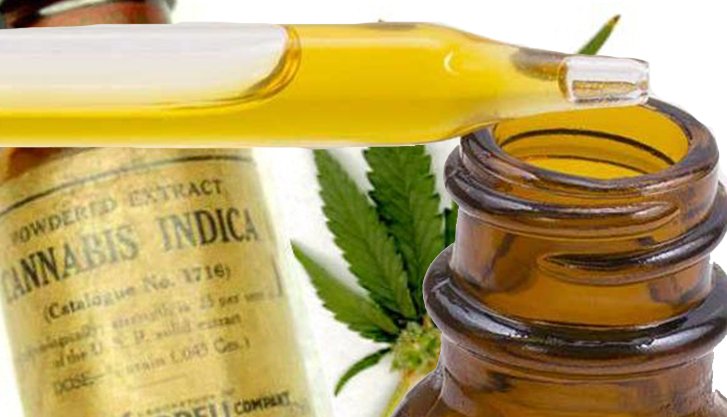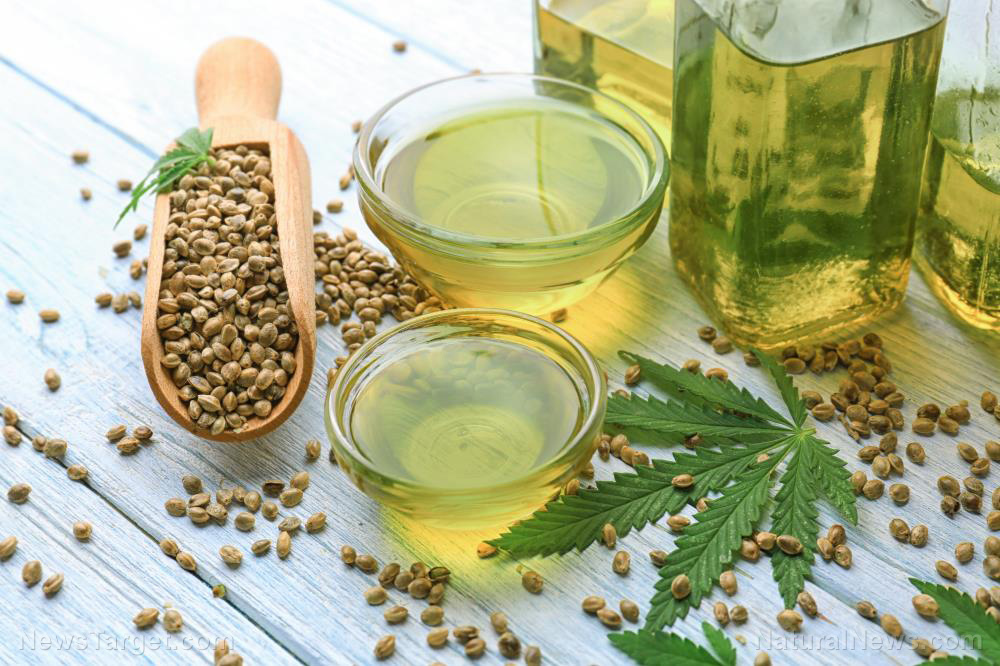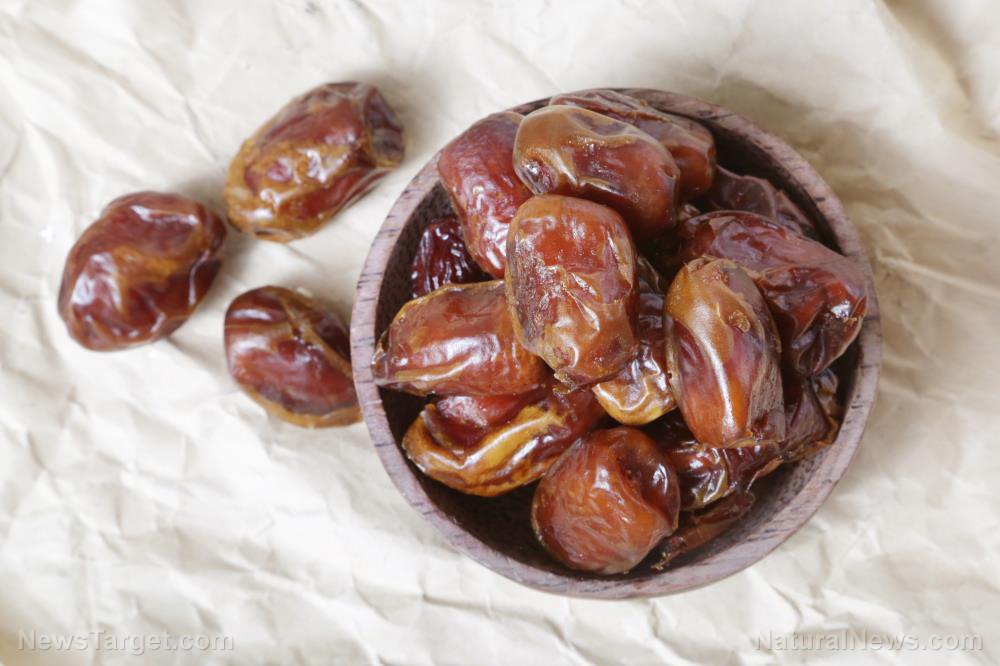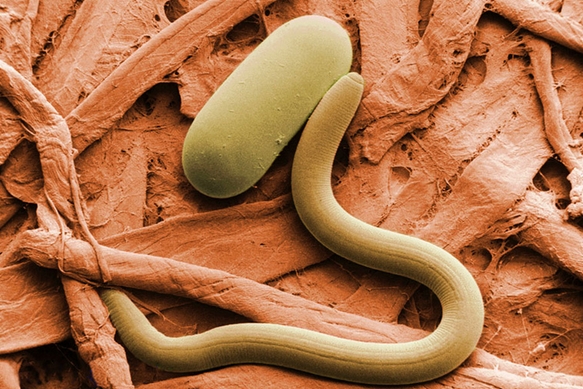Relieve symptoms of Crohn’s disease with these dietary recommendations
10/12/2018 / By Ralph Flores

The human body still holds mysteries that modern science has yet to comprehend — one of which is the exact cause of Crohn’s disease. In the U.S., around three million adults suffer from inflammatory bowel diseases (IBD) like Crohn’s disease and ulcerative colitis. According to the Centers for Disease Control and Prevention (CDC), most people with an IBD such as Crohn’s disease are in their 20s and 30s, but it can also affect those younger than 18 years.
Crohn’s disease — also referred to as ileitis or enteritis — is a condition marked by a chronic inflammation of the digestive tract. Those suffering from Crohn’s disease report it to be painful; however, in some cases, it can be debilitating or even life-threatening. Its clinical symptoms can greatly differ — depending on the region affected — but for the most part, these often include:
- Pain radiating from the inflamed area
- Bloody stools due to ulcers in the gut
- The appearance of ulcers in the mouth and anal fissures
- Fatigue and altered appetite
If Crohn’s disease is managed improperly, it can lead to complications which include gut perforation, internal bleeding, and even bowel cancer.
How diet improves symptoms of Crohn’s disease
It’s also worth noting that there is no standard treatment for the disease, and all procedures are designed to relieve symptoms and reduce the likelihood of recurrence. There’s still hope for relief, as natural options are available to reduce flare-ups without any adverse side effects or complications.
Mother Nature's micronutrient secret: Organic Broccoli Sprout Capsules now available, delivering 280mg of high-density nutrition, including the extraordinary "sulforaphane" and "glucosinolate" nutrients found only in cruciferous healing foods. Every lot laboratory tested. See availability here.
- Garlic — It’s known for its potent antibacterial and antifungal properties, but it’s also considered a prebiotic food — which means that it feeds healthy gut bacteria that, in turn, help reduce inflammation. The antibiotic agents in garlic also help repair the intestines. Take two cloves with meals for best results.
- Aloe vera — The anti-inflammatory properties of aloe vera relieve symptoms of Crohn’s disease in the gut, while its antioxidant properties prevent cell damage caused by the condition. If that’s not enough, it also improves digestion, which is usually disrupted during a flare-up. Take 4 ounces (or half a cup) of pure aloe vera juice to activate its healing effects.
- Papaya — The tropical fruit is easy to digest, which makes it great for sufferers of the condition. It is also packed with essential vitamins and minerals, as well as enzymes that help digest proteins and antioxidants to help prevent oxidative damage.
- Echinacea — This herb, which is mainly used in treating common colds and flu, is beneficial for reducing flare-ups in people suffering from IBD, according to a study.
Better living with Crohn’s disease
Having a chronic condition like Crohn’s disease shouldn’t stop a person from doing things that he or she enjoys. With some simple lifestyle changes, a person can live a relatively normal life, even with Crohn’s disease.
- Quit smoking. People who smoke are more likely to be diagnosed with Crohn’s disease. In the same manner, those with the condition who do (still) smoke are more likely to experience recurring flare-ups.
- Drink moderately. Alcohol, when taken in excess, can irritate the lining of the intestinal tract and aggravate symptoms of Crohn’s disease. It can also interfere with medications aimed to treat it.
- Exercise. Both aerobic activity and resistance training help the digestive tract work more efficiently, which helps keep symptoms at bay.
- Get enough sleep. Feeling tired and stressed out can worsen the symptoms of Crohn’s disease. Find a routine for going to bed and getting up to relieve the symptoms.
- Avoid NSAIDs and antibiotics. Over the counter medication, such as nonsteroidal anti-inflammatory drugs (NSAIDs) and antibiotics, may cause symptoms to flare. (Related: Junk food, antibiotics cause Crohn’s disease rates to triple among young persons.)
Learn more natural ways to manage Crohn’s disease by following NaturalCures.news today.
Sources include:
Tagged Under: alternative medicine, crohns disease, digestion, digestive health, food cures, functional food, gut health, herbal medicine, IBD, inflammation, inflammatory bowel disease, natural cures, remedies

